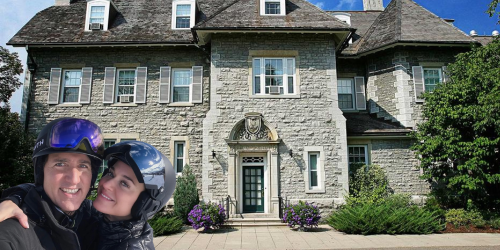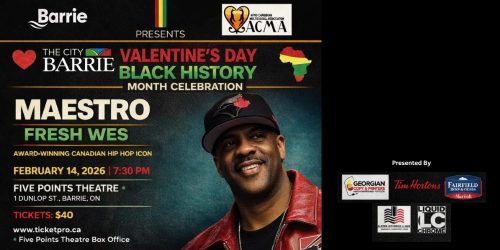Eh to Zed: Decoding Canadian Slang
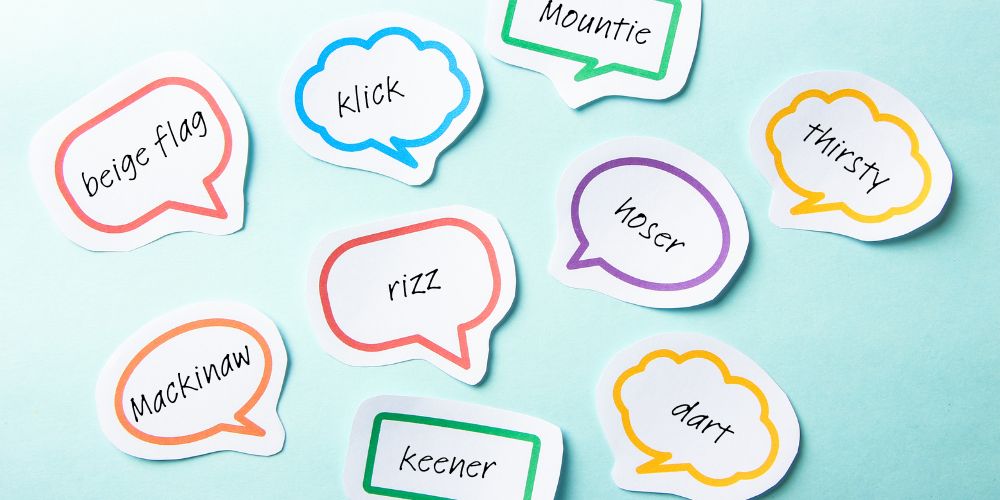
Slang can be found at the heart of any group. It’s the language of the streets, the whispered jokes among friends, and the shorthand of a nation's identity. It’s also an easy way to know whether someone really is a part of your clique.
Canada, with its diverse population and rich culture, is no exception. The Great White North boasts a slew of unique slang terms that might puzzle outsiders but bind Canadians together in linguistic camaraderie.
Ever wondered what a Canuck is saying when they talk about putting on a mackinaw and grabbing a dart or getting a double-double at Timmies?
If you’re Canadian (or at least well-versed in our slang) that sentence was perfectly understandable. But not every Canadian slang is as easily understood - even by those from Canada.
Thanks to a study done by Preply, we have the inside scoop on slang terms being used across the country and which words are popular where …
Darting into the World of Canadian Slang
A dart, in Canada, isn't a sharp projectile. It's a term borrowed from our Aussie friends that means cigarette. So, if you find yourself in a conversation about grabbing a dart, you now know it’s time for a smoke break.
But before you venture out for your dart, you'll need appropriate attire.
Canadians don’t take their weather lightly, so you’d better lace up your runners (that’s Canadian for running shoes), throw on your mackinaw (a heavy woolen plaid jacket), and top it all off with a toque (a knit winter hat).
And don't forget your cash – loonies and toonies are what Canadians affectionately call their one- and two-dollar coins. And if someone tells you the store is a couple of klicks away, they mean kilometers.
Oh, and if you need directions, just remember: hang a Roger for a right turn and a Larry for a left turn.
You're now speaking the language of the True North.
Simple, eh?
Feeding Your Inner Canuck: Poutine and Timmies
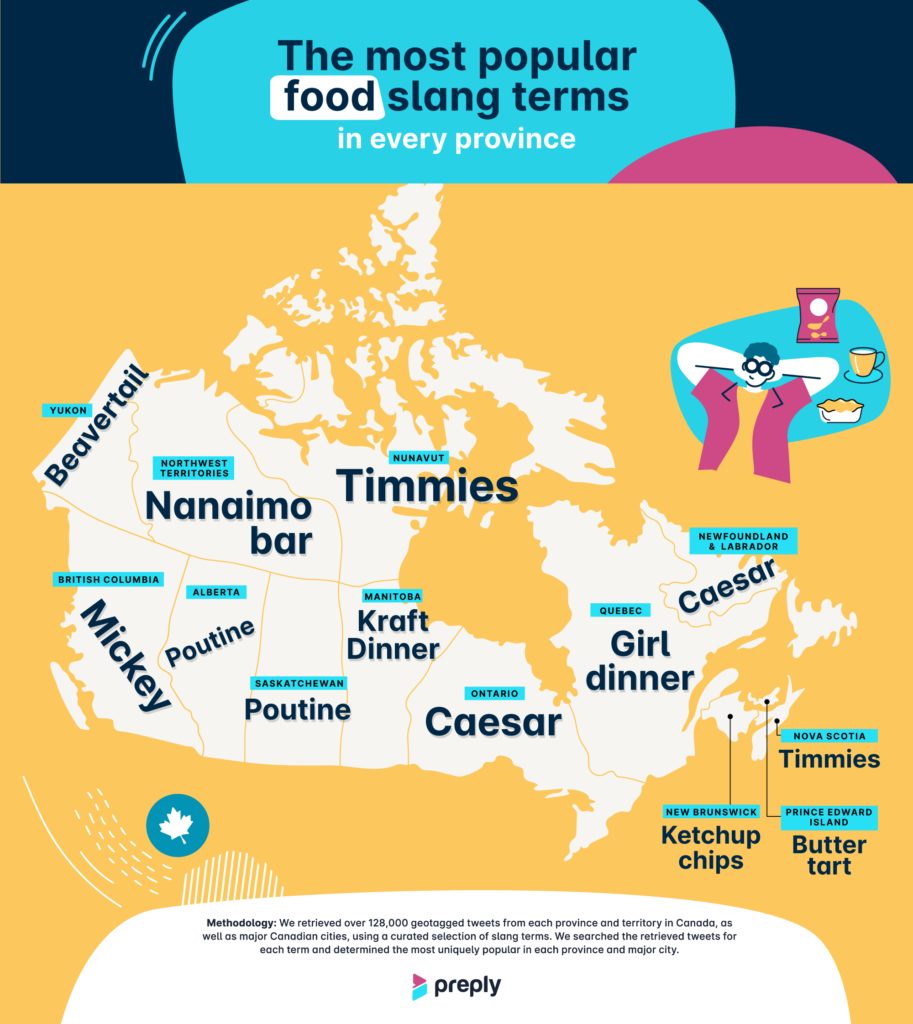
Now that you're dressed for the occasion, it's time to indulge your taste buds.
Picture this: thick-cut fries smothered in cheese curds and gravy. It’s a culinary delight that captures the essence of Canadian comfort food.
That’s a poutine. It’s the crown jewel of Canadian cuisine and is a must-try.
And when it comes to a caffeine fix, there’s no place more beloved than Tim Hortons, affectionately known as Timmies. A double-double’ is the way to go – a regular coffee with two creams and two sugars. It's the elixir of Canadian mornings, fuelling the nation one cup at a time. If you like your coffee a little sweeter, you can go for a triple-triple but you’re sure to get teased for having some coffee with your sugar.
You might recognize some other popular terms like takeout, brunch, and chocolate bar — although, in Canadian slang, chocolate bar is a catch-all phrase for any candy bar, adding a touch of trickiness to the mix.
Speaking of twists, a Caesar in Canada isn’t a salad but a refreshing cocktail made with Clamato, a blend of clam and tomato juices, akin to a Bloody Mary. And if someone mentions a Mickey, they're not talking about the mouse; they're referring to a 13 oz. bottle of liquor.
Slang sure knows how to keep us on our toes!
The Regional Flavor of Canadian Slang
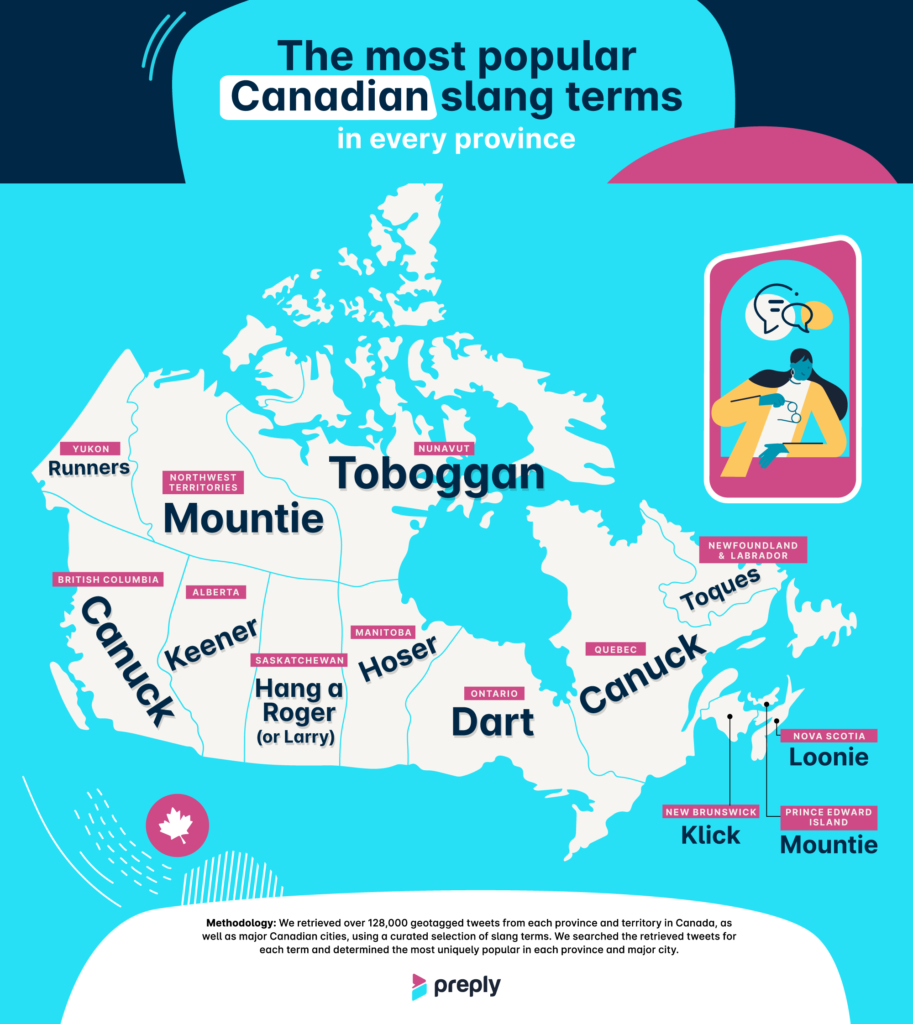
Just as Canada is vast and varied, so is its slang. Each province boasts its unique linguistic identity.
In Quebec and British Columbia, you’ll hear the term Canuck (a Canadian) is commonly used.
In Alberta, keener doesn’t refer to someone who wails or sings. It means you’re overly eager.
In Manitoba, hoser reigns supreme as a way to describe someone who is unsophisticated, especially if they're from a rural community.
Meanwhile, in PEI and Northwest Territories, Mounties (Royal Canadian Mounted Police) are all the rage.
Even cities have their own linguistic preferences. In Toronto, grabbing a dart is practically an art form, while in Montreal, people most often use ‘hanging a Roger or Larry’.
Calgarians are proud Canucks, Winipegians are finding themselves in kerfuffles (fights or disagreements), and Edmontonians bundle up in their trusty mackinaw against the cold.
Affairs of the Heart: Canadian Relationship Slang
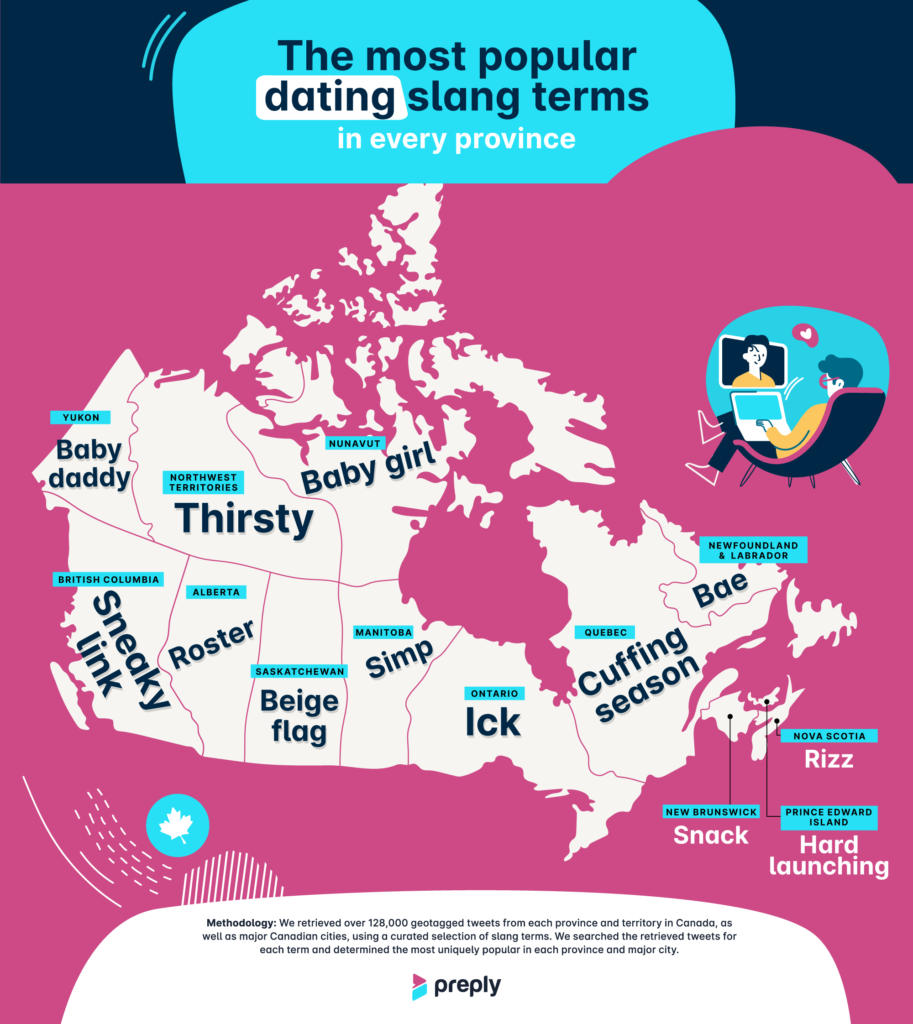
Love, too, has its own linguistic twists throughout Canada. For those currently dating, many of these will be all too familiar. But for those who are tied down or heading into retirement, some of these phrases may be complete gobbledegook.
Ever heard of cuffing season? It's that time of the year, especially during the winter, when people are more likely to cuff – or get into a relationship. And it’s the most popular slang phrase in Quebec.
And if you’re navigating the delicate world of dating in Alberta, watch out for terms like roster (a list of people someone is seeing). You’ll also want to be aware of snack (an attractive person) in New Brunswick, and beige flag (an odd trait that isn’t necessarily a dealbreaker) in Saskatchewan.
There’s also smash (a casual sexual encounter), hard launching (explicitly sharing a romantic relationship on social) and, of course, there's the infamous ick – that trait that can turn you off a potential partner, even if they seem perfect otherwise.
It's all part of the intricate dance of modern romance.
Speak Like a True Canuck
So, there you have it – a glimpse into the colorful world of Canadian slang.
How much of it did you understand?
Beat FOMO by being in the know!
Sign up for our newsletter today and never miss a beat.

